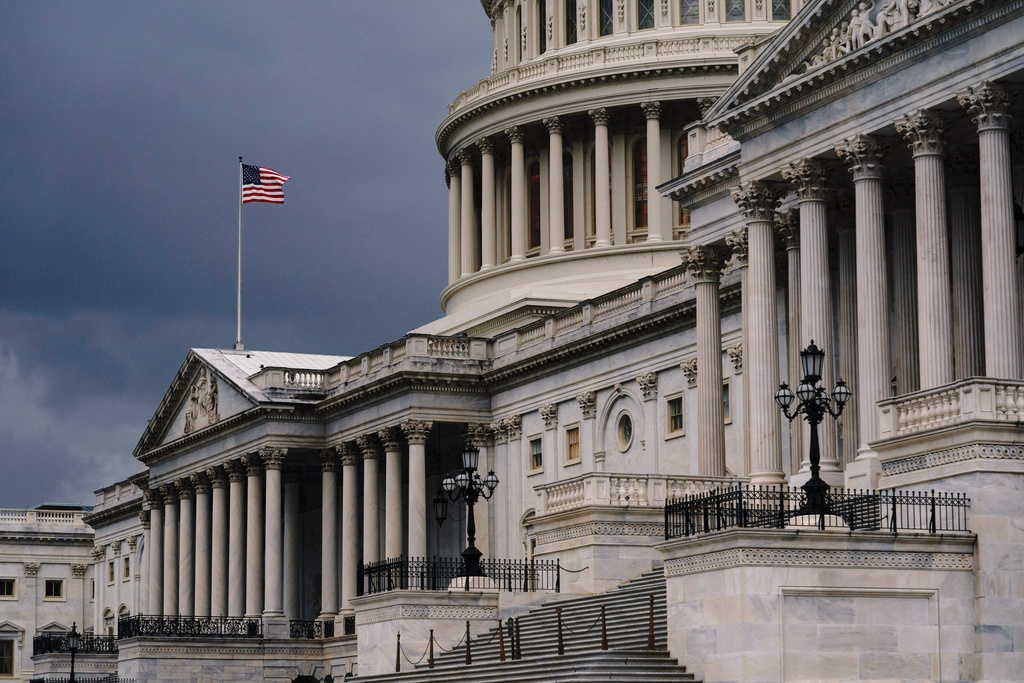The clock is ticking on America’s ability to pay its bills, and the consequences of inaction could be catastrophic. A new analysis from the Bipartisan Policy Center warns that the federal government is on track to default on its debt between August 15 and October 3 unless Congress raises or suspends the debt ceiling in time.
The report, released Wednesday, underscores a rapidly approaching “X-Date” — the moment the U.S. Treasury runs out of cash and extraordinary borrowing capacity, triggering a historic and potentially devastating default.
“Congress must act ahead of the August recess,” said Margaret Spellings, president and CEO of the Bipartisan Policy Center. “Americans are already grappling with economic uncertainty. Lawmakers can’t afford to manufacture a fiscal crisis on top of that.”
Despite stronger-than-expected tax revenues in April and stable quarterly collections this month, the warning is clear: the nation is burning through its financial runway. As of June 18, the Treasury had $384 billion in cash and $89 billion in so-called “extraordinary measures” — temporary accounting tricks to keep the government afloat.
If cash flow shortfalls in July and August exceed expectations, the government could hit the X-Date as early as mid-August, just weeks before the next round of quarterly tax payments on September 15.
The current debt ceiling was suspended in 2023 under a bipartisan agreement, buying time through early 2025. But with the national debt now surpassing $36 trillion, the window for a solution is rapidly closing.
Adding fuel to the fire, Congressional Republicans have signaled they will tie any debt ceiling increase to passage of President Trump’s sweeping tax agenda, a move that could add trillions more to the deficit.
Economists and financial markets are already watching closely, with fears mounting that the U.S. may stumble into a default that would rattle global markets, spike interest rates, and throw the economy into turmoil.
“Failure to act,” Spellings warned, “would send a dangerous signal to the world about America’s commitment to its financial obligations.”
(YWN World Headquarters – NYC)











